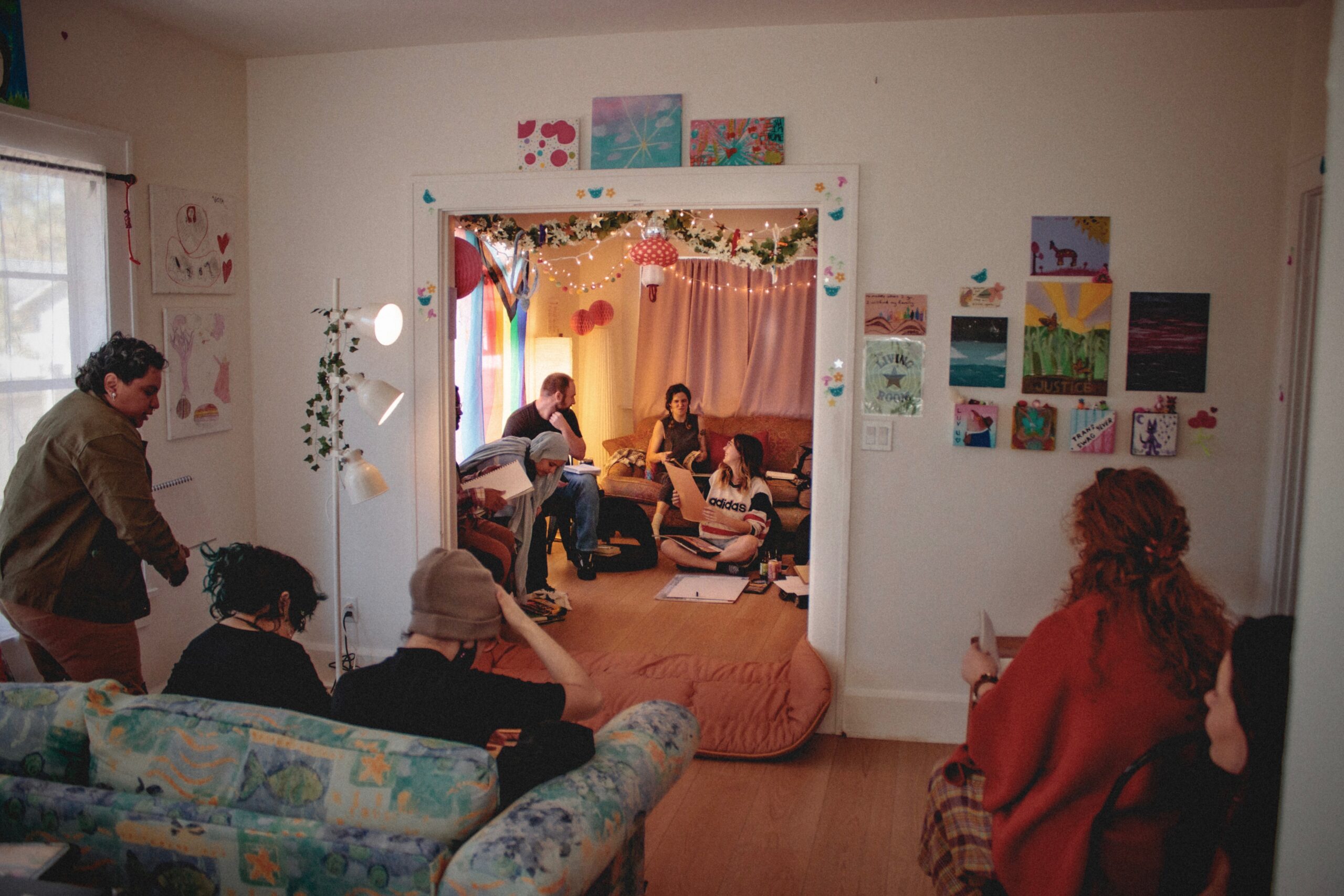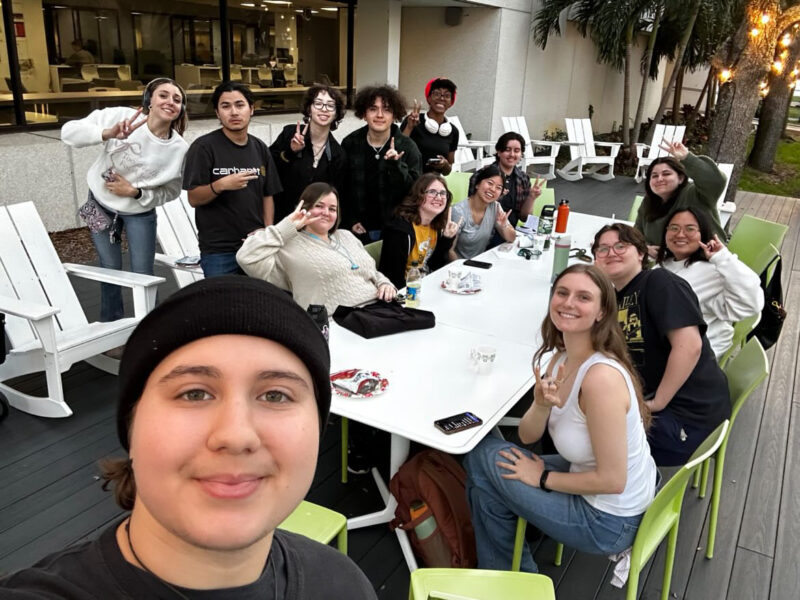
Design by Tara McCarty
Tom Chang
Contributing Writer
Student Government, in conjunction with the city of St. Petersburg, is coordinating efforts to improve communication and organization with residents and leaders of Campbell Park.
“[Senator] Chuck [Terzian], [Senator] Courtney Parish and I met with [Councilman] Karl Nurse the first time where we came up with the idea, where he explained what he had been involved in,” said Senate President Christian Haas. “Basically, it was a day of community service for the students. We wanted to have the students engage the community.”
“It was like, ‘I could give you some people to talk to and help organize. That would be a great project for the university,’” said Chuck Terzian, chair of the SG University, Community and Government Affairs committee. “It kind of evolved out of that idea.”
Terzian picked Campbell Park because of his prior experience working in the neighborhood.
“I’ve since been told that it’s probably the hardest neighborhood to pick,” Terzian said. “It’s also locally, very close. I think if we’re going to put effort towards [improving] a community, why not one close to the university? It shows that we care.”
Haas said the goal wasn’t to teach the community how to prioritize its needs; it was to show that USF St. Petersburg cared about its needs and wanted to do something to provide the services the community needed.
“We are a growing university,” Parish said. “We have a lot of energy on this campus. We’ve been trying to figure out ways to get our name out into the city positively and this is one way to do it. It shows the city that we’re college students here to make a difference and to take responsibility for our role in life.”
Terzian said the idea evolved from his experience in Building Consensus and Resolving Conflict—a leadership course.
“There’s this concept of deliberative forums to really build a consensus about what needs are,” Terzian said. “That’s the way we were setting it up. We wanted to do a deliberative forum in the neighborhood at the Campbell Park Rec Center … and to get some neighborhood leaders [and] people. We need 10 and 30 people to show up [for the project] to be an effective thing. We need to help them to facilitate a discussion and help them to define what the greatest needs in the community are.”
Terzian said the idea escalated with Maj. Melanie Bevan, of the St. Petersburg Police Department, who is teaching a leadership practicum in the spring.
“She made it part of that class’s mission to be a philanthropy board,” Terzian said. “So they’re going to narrow the scope of the philanthropy board grant to only include that area. So there’s kind of a coordination going on between the efforts I’m doing in the class, and the philanthropy board grants $5,000 that goes to a non-profit organization to service specific needs, which the board outlines.”
The board is student-run and will coordinate their efforts with some non-profit organizations.
“What we want to do is schedule toward the end of the semester—maybe within a month, maybe every weekend—events to improve the neighborhood,” Terzian said. “One of the things I thought would be most important, and I will incorporate into our rules and procedures for my committee, is that I want to see this happen every year.”
Haas believes self-accountability is important for society.
“We agree a lot of the discourse in society is due to us not owning up to our own problems and figuring out what needs to happen,” Haas said. “There’s a greater and greater reliance on other people to solve our problems. We figured that this is an awesome way to provide service: providing fish while teaching how to fish.”


